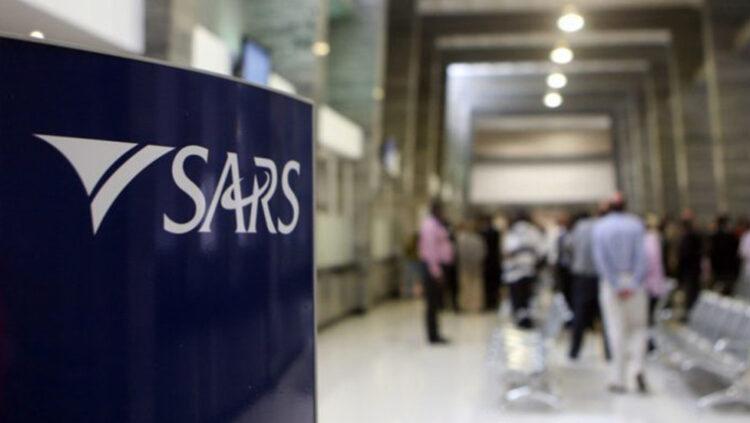News
SARS Forced To Repay R168 Million To Taxpayers After Ombud Complaints

When the Office of the Tax Ombudsman (OTO) released its 2024/25 annual report, it exposed an uncomfortable truth for South Africa’s tax authority: the South African Revenue Service (SARS) was forced to return a staggering R168 million to just ten taxpayers after they lodged formal complaints.
This revelation sheds light on how deeply refund delays and administrative backlogs continue to affect South African businesses and individuals, and how the OTO’s interventions have become a lifeline for many.
A Year Of Complaints And Consequences
The OTO handled nearly 5,000 tax complaints during the past financial year, with almost half accepted and referred back to SARS with recommendations. Yet, there was also a noticeable increase in rejected complaints, which the ombud attributes to a lack of public understanding about when and how to engage its office.
Over 1,650 complaints were dismissed because taxpayers hadn’t exhausted SARS’ internal channels first, as required by Section 18(4) of the Tax Administration Act. Simply put, you can’t go to the ombud unless you’ve first tried and failed to resolve the issue directly with SARS.
“Many taxpayers approach us in frustration after months of silence from SARS,” the ombud’s office noted. “But legal process matters we step in when those internal systems fail, not before.”
Big Refunds, Bigger Lessons
Among the accepted cases, the ombud’s interventions helped unlock massive refunds mostly related to VAT, Corporate Income Tax, and Payroll Tax. The top 10 refunds alone totalled nearly R168 million, a slight dip from R179 million the year before, but still a remarkable amount.
“These refunds are often life-changing for taxpayers, particularly for small and medium businesses,” the OTO said in the report.
For context, most refund delays stem from verification hold-ups, technical disputes, or unresolved backlogs in SARS’ system. And while the tax authority has made strides, the pattern suggests a deeper, structural issue with how it processes legitimate claims.
Small Wins, Slow Progress
SARS did show signs of improvement. In 2024/25, it successfully resolved 2,390 complaints up from 2,178 the year before and implemented 99.33% of the ombud’s recommendations. The speed of resolution has also improved, with 43% of cases now finalised within 15 days, compared to 30% the previous year.
But it’s not all good news. The number of cases taking longer than 91 days has also increased, showing that complex disputes still test SARS’ efficiency.
On social media, small business owners and accountants shared mixed reactions. Some praised the OTO for holding SARS accountable, while others questioned why it takes formal complaints and sometimes public pressure for the revenue service to act.
A Call For Simpler Systems
Behind the numbers lies a broader story about trust and access. Many South Africans, especially small business owners, struggle to navigate SARS’ digital systems and appeals process. The OTO’s report makes clear that while the ombud plays a critical watchdog role, much of the frustration could be avoided if SARS improved transparency and turnaround times.
As one tax consultant commented on X (formerly Twitter):
“The OTO shouldn’t be the only way to get your money back. SARS needs to fix its processes before people lose faith in the system.”
The Bottom Line
The R168 million in repayments is more than just a statistic it’s a reminder that taxpayer rights matter, and oversight works. But it’s also a warning: until SARS can resolve disputes swiftly and fairly without external intervention, the OTO will remain both a safety net and a mirror reflecting cracks in South Africa’s tax administration.
{Source:Business Tech}
Follow Joburg ETC on Facebook, Twitter , TikTok and Instagram
For more News in Johannesburg, visit joburgetc.com



























